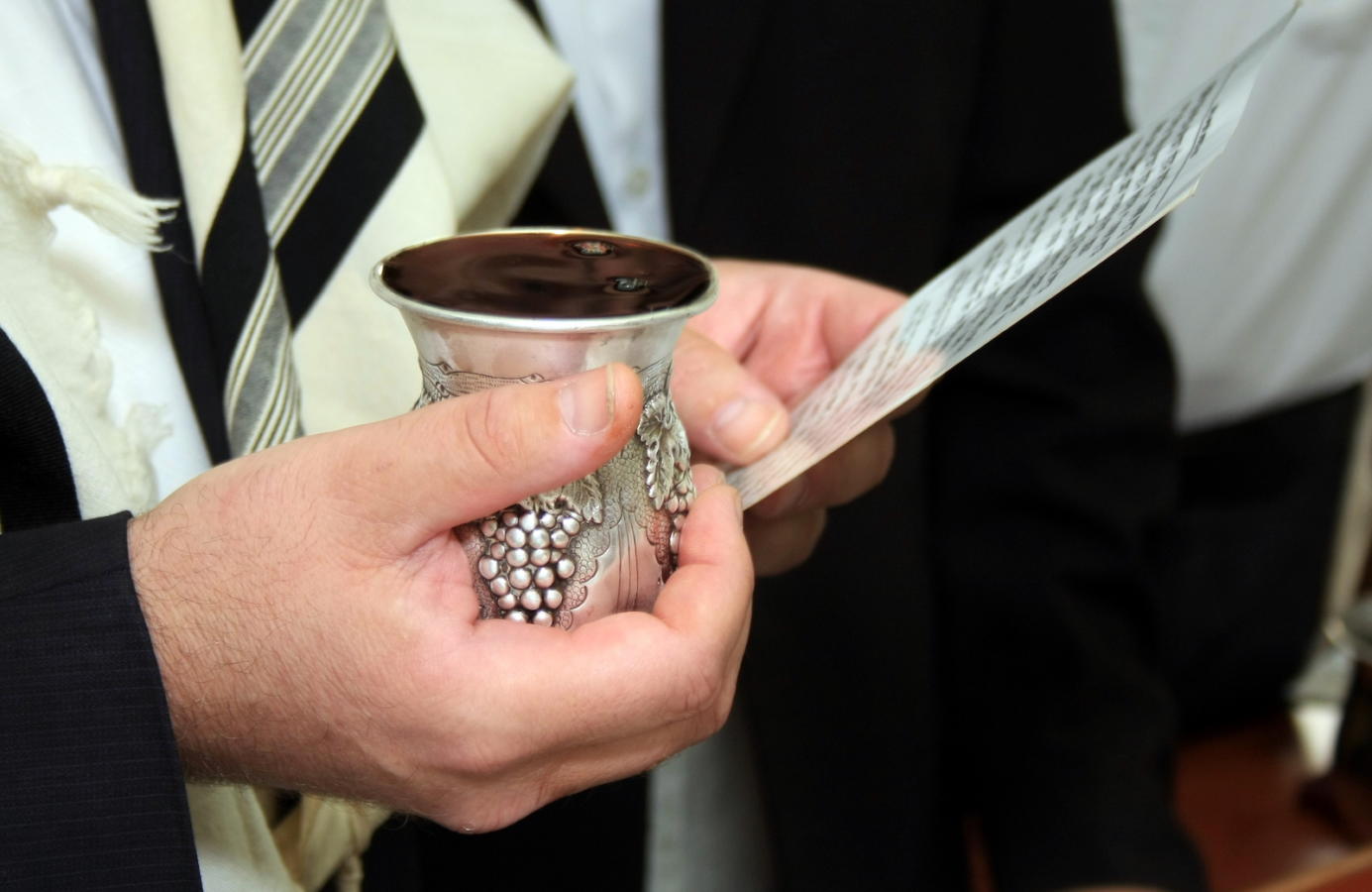Certain Hebrew words contain many layers of meaning. The word shema, for example, is commonly translated as “hear,” but it can also mean “respond,” “learn,” “obey,” even “repeat.” The precise meaning can sometimes be derived from the context, but quite often many meanings are possible, and the one we choose can reflect the context and goal we seek.
One place where this observation proves true is the biblical word shamor. It comes from the Hebrew root shin-mem-resh — שמר — and usually has a meaning associated with “guard” or “protect.” In modern Hebrew, a shomer is a guard you might find at a border crossing or at the airport.
But in the Jewish prayer book, shomer refers to a different type of guardian. In the prayer V’shamru, we recite the biblical command to guard the Sabbath. This prayer is recited during Friday night services, at the onset of Shabbat, and is repeated the following morning as part of the blessing over Sabbath wine.
Taken from Exodus 31:16-17, the prayer reads as follows:
With your help, My Jewish Learning can provide endless opportunities for learning, connection and discovery.
וְשָׁמְר֥וּ בְנֵֽי־יִשְׂרָאֵ֖ל אֶת־הַשַּׁבָּ֑ת לַעֲשׂ֧וֹת אֶת־הַשַּׁבָּ֛ת לְדֹרֹתָ֖ם בְּרִ֥ית עוֹלָֽם׃בֵּינִ֗י וּבֵין֙ בְּנֵ֣י יִשְׂרָאֵ֔ל א֥וֹת הִ֖וא לְעֹלָ֑ם כִּי־שֵׁ֣שֶׁת יָמִ֗ים עָשָׂ֤ה יְהוָה֙ אֶת־הַשָּׁמַ֣יִם וְאֶת־הָאָ֔רֶץ וּבַיּוֹם֙ הַשְּׁבִיעִ֔י שָׁבַ֖ת וַיִּנָּפַֽשׁ
The Israelite people shall keep the sabbath, observing the sabbath throughout the ages as a covenant for all time: it shall be a sign for all time between Me and the people of Israel. For in six days the Lord made heaven and earth, and on the seventh day He ceased from work and was refreshed.
In V’shamru, we are the guardians of the Sabbath. What can this mean? How do we guard a day of rest? To guard something is to protect it, usually an item or a place from someone or something. But how do we guard Shabbat, a day of the week?
We do so by guarding its existence. Without Jews observing the Sabbath, the Sabbath would cease to exist. It would be just another day.
This is why some prayer books translate shamor not as guard, but as “observe.” Some biblical translations also use this translation when translating the fifth of the Ten Commandments as written in the fifth chapter of Deuteronomy. The use of the word shamor — instead of zachor (“remember”), the word used when the commandments are revealed in the book of Exodus — is one of the tiny differences between the two versions. We remember and we observe. In fact, we might say we remember by observing.
We do more than remember, however, when we observe the Sabbath. We also sustain a sacred relationship. As the prayer itself notes, the Sabbath is a covenant between God and Israel forever. The Sabbath is a weekly act of love and communion, a meeting point between God and Israel.
This metaphor of the Sabbath as a celebration of the relationship between God and Israel has other expressions as well. For example, the rabbis considered the Sabbath an ideal time for spouses to make love, signifying their intimate relationship. They also saw the reading of the Torah on Shabbat as a reenactment of the establishment of the covenant between God and Israel when God revealed the Torah at Mount Sinai.
The V’Shamru prayer highlights our role in observing the Sabbath as a way of protecting the covenant. By living it, we protect it. And it protects us. As the famous Zionist thinker Ahad Ha’am once said, “More than Israel has kept the Sabbath, the Sabbath has kept Israel.”



